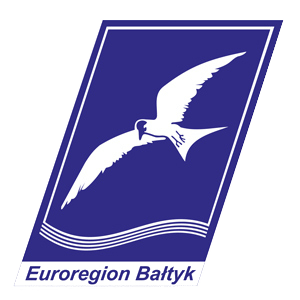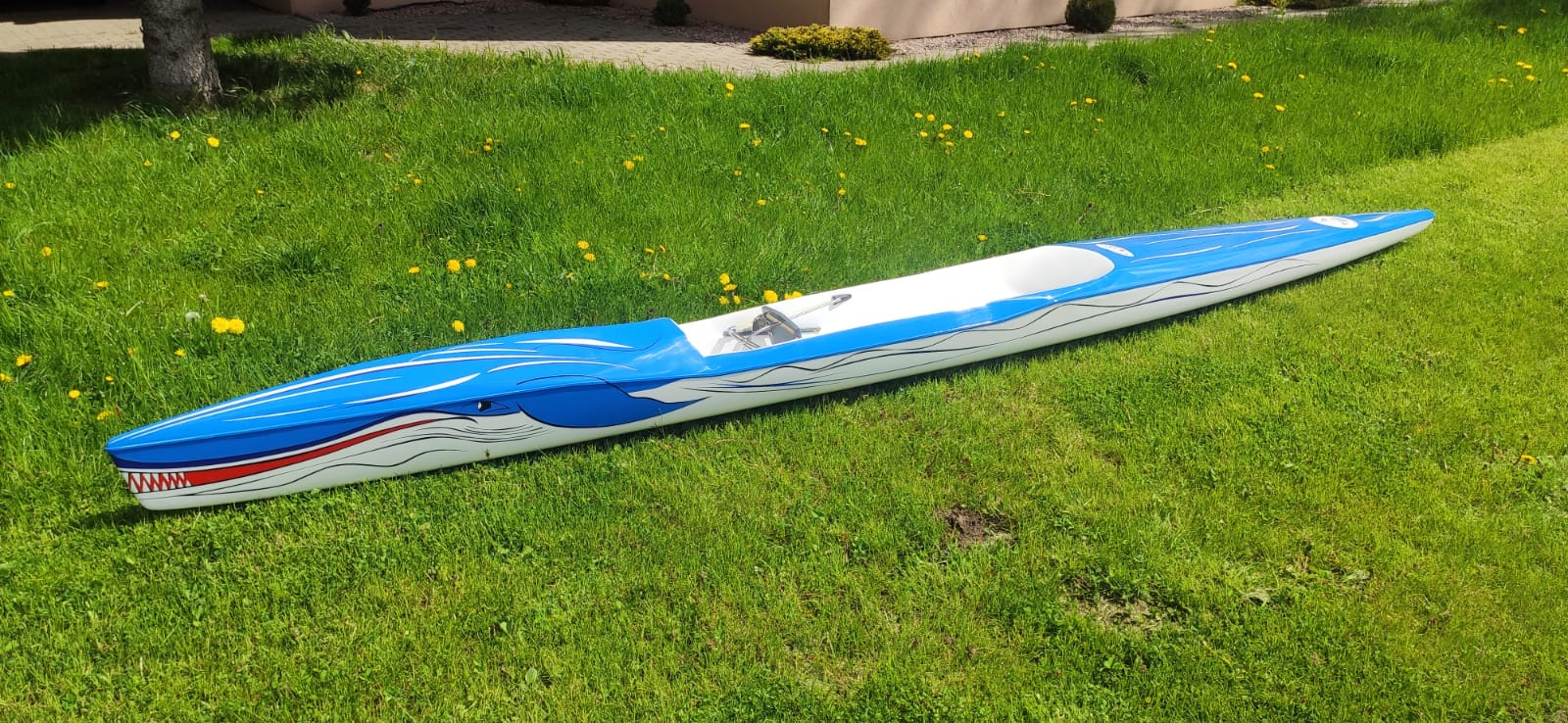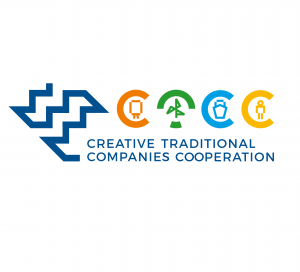
CTCC
CTCC - Creative Traditional Companies Cooperation. Współpraca firm tradycyjnych z kreatywnymi w obszarze Morza Bałtyckiego
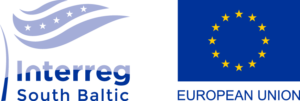
- ATI erc gGmbH education,
- Season of Creativity e.V. / KS,
- Public institution Rietavas Tourism and Business Information Centre,
- Association Rietavas Women Employment Centre,
- Klaipeda Science and Technology Park,
- Media Dizjan, Pomeranian Science and Technology Park,
- Association of Polish Communes of Euroregion Baltic,
- Blekinge Institute of Technology
CTCC – CREATIVE TRADITIONAL COMPANIES COOPERATION
within the frame of the South Baltic Programme 2014–2020 (ERDF part-financed), 3rd Call
Traditional industry sectors are the backbone for the regional economy, but they suffer from pressure resulting from the environmental impact. Maritime transport is vital for regional development and in the entire EU, since approx. 90% of goods destined for markets other than the EU is supported by maritime transport. Maritime related activities that of transport and shipbuilding, energy-producing & energy utilisation as well as coastal tourism incl. small-scale infrastructure (yachting and cruising) are forced to search for new innovative and sustainable solutions as a result of environmental pressure (e.g. to reduce greenhouse and other emissions), to comply with new policy regulations for transport and related activities and to change the negative or ZERO innovation performance according to the recent JRC Technical Report on Blue Growth and Smart Specialisation (2016).
CTCC improves innovation performance of key target group – minimum 200 Danish, German, Polish, Lithuanian and Swedish small and medium-sized enterprises (SMEs) from the South Baltic Sea Region (SBSR) until 30th June 2020 from three targeted traditional manufacturing sectors that contribute to blue and green growth improved innovation of traditional SMEs is achieved by engaging in cross-sectoral collaboration with 100 freelances, start-ups and SMEs from three Creative Industries. The project delivers four cross-border solutions for innovation development, management & exploitation:
1) triple-helix creative-business partnership and creative brokering platform facilitating innovation;
2) cross-sectoral innovation training methodology;
3) 30 specific demand-driven innovation solutions for traditional SMEs and regions, such as environmentally-friendly and ergonomic ship design, simulators for maritime applications; improved secure and safe navigation signs at harbours and coastal areas; and
4) four sustainable self-running and financing mechanisms for developed models exploitation beyond the project life.
CTCC is a non-profit project, part-financed from the Euro-pean Regional Development Funds (ERDF) within the South Baltic Programme 2014-2020. CTCC consortium consists of 10 direct partners and more than 30 associated partners aim at enhancing innovation capacity and improving innovation performance within product, service, processes or market portfolios of traditional sector Small and Medium-Sized Enterprises (SMEs). Together with creative people from the Creative Industries (design, architecture, adverting and software & games), we work for you – our target group – traditional sector SMEs from the South Baltic Sea Region (SBSR) covering coastal regions of Denmark, Germany, Lithuania, Poland and Sweden until 14th January 2021. In this, we contribute to Blue and Green Growth in the Region and the EU.“
As part of the project, the association prepared three prototypes in cooperation with traditional and creative companies from the Warmia and Mazury region as well as the Baltic Sea. They were:
- kayak graphics for children - Future Kids,
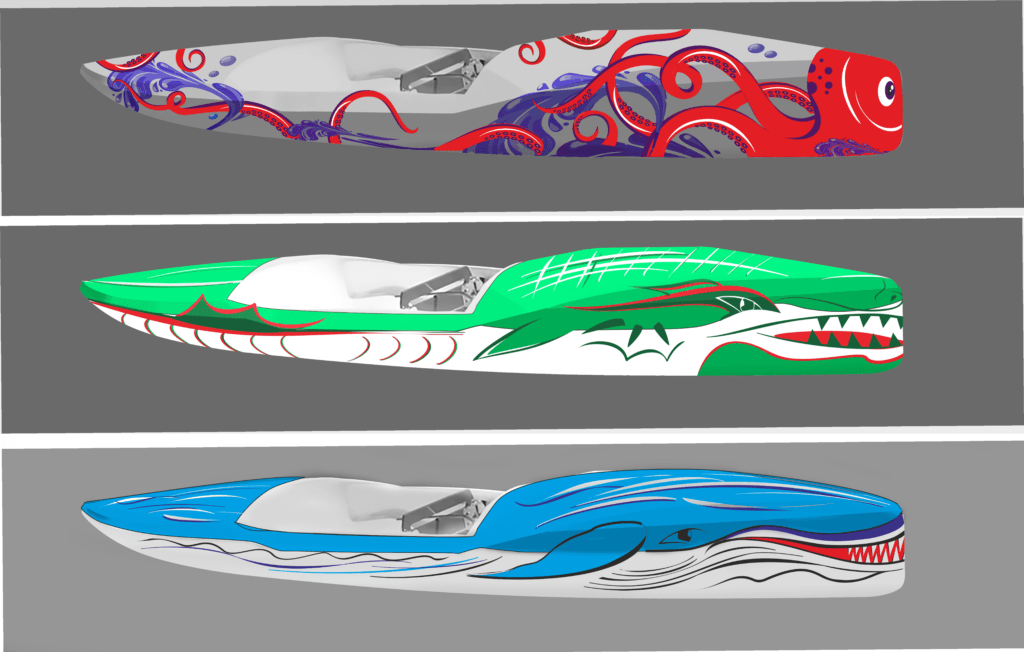
- a video presenting the system of collecting energy from the roof Solinel - Termdach,
- logo, brand book and heat pump packaging - Thermopump
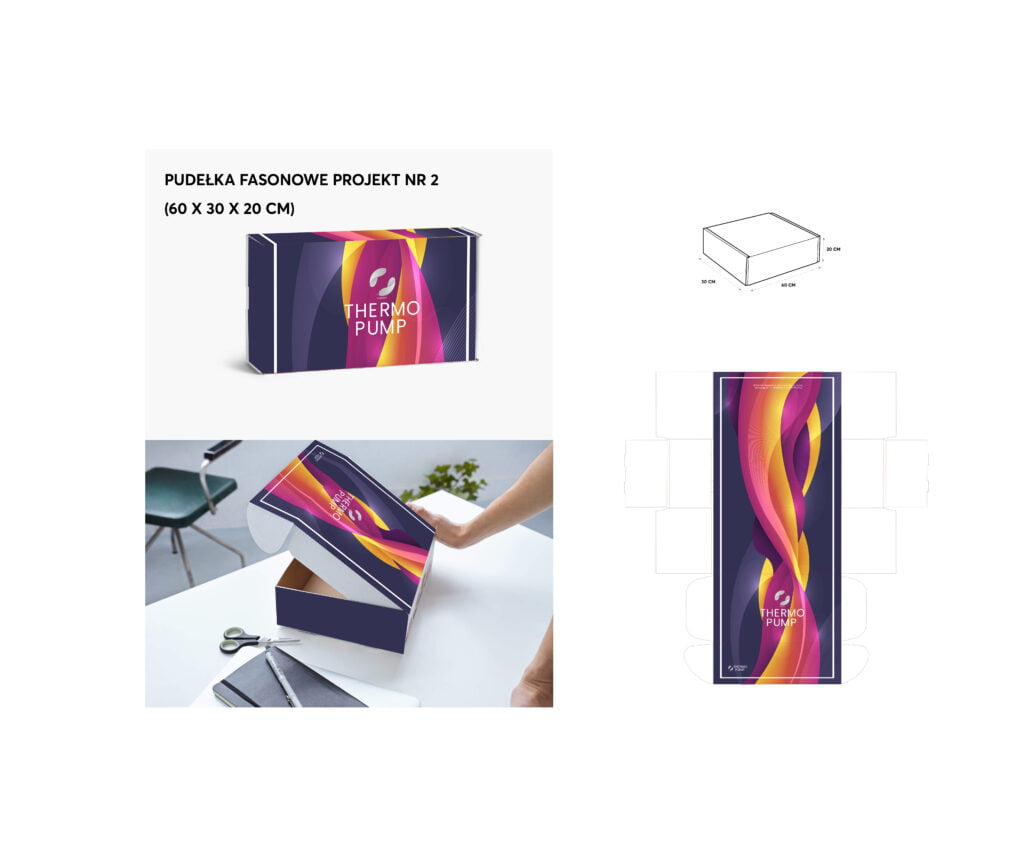
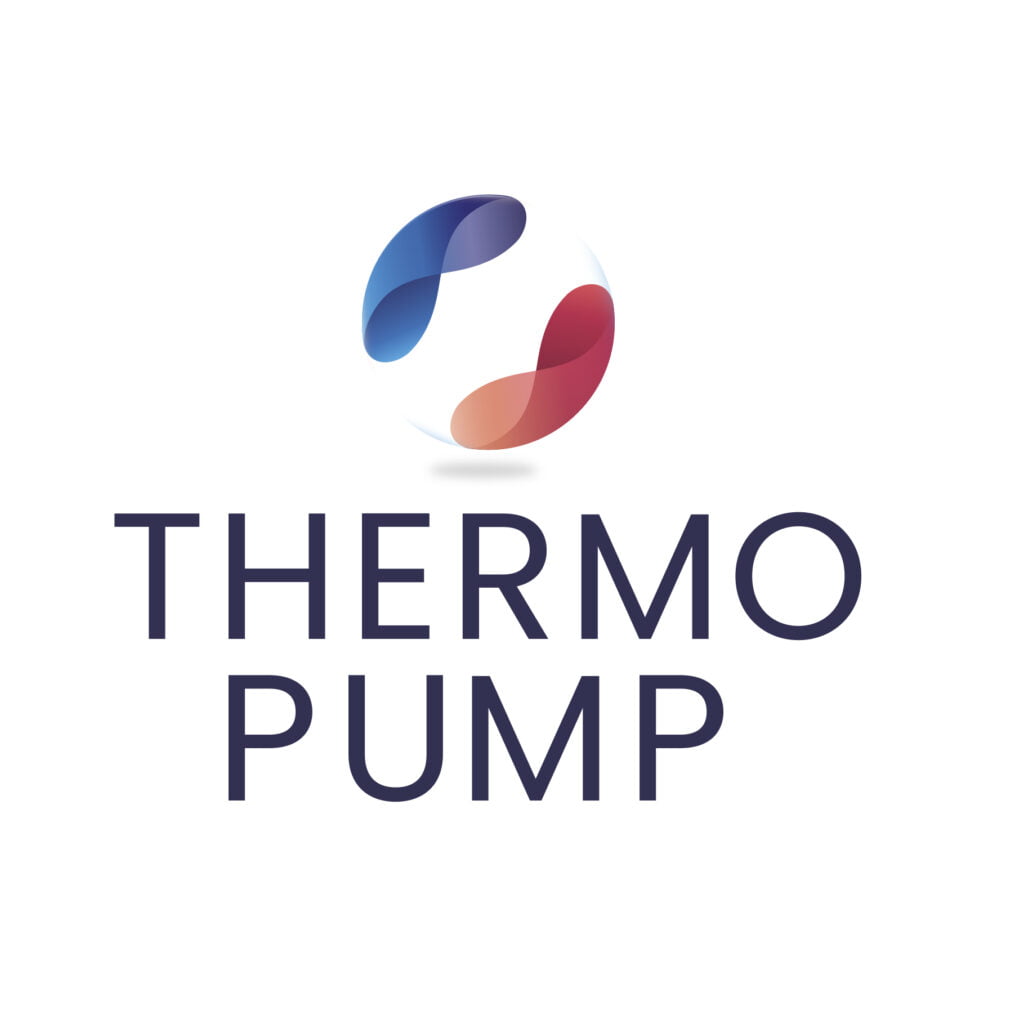
PROJECT BRIEF:
Project area: Entrepreneurship, Creative industries, Cross-sector cooperation
Project scope: European or transnational (mainly Baltic Sea countries)
The role of STG ERB: partner with own budget
Co-financing rate: 85%
Project budget: EUR 1,583,075.00
STG ERB budget: EUR 100,875.00
Project consortium: The project is implemented in partnership with 10 full partners and 10 associated partners with DE, LT, PL, SE
